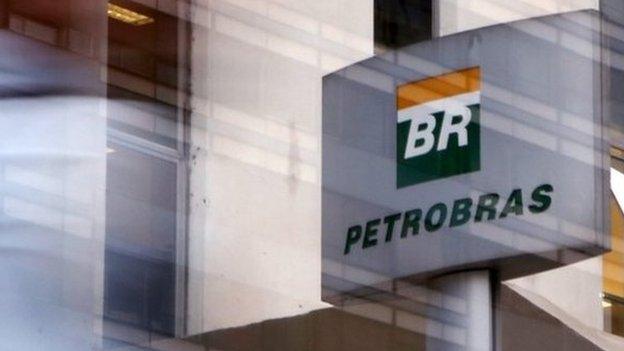Brazil launches investigation into World Cup corruption
- Published
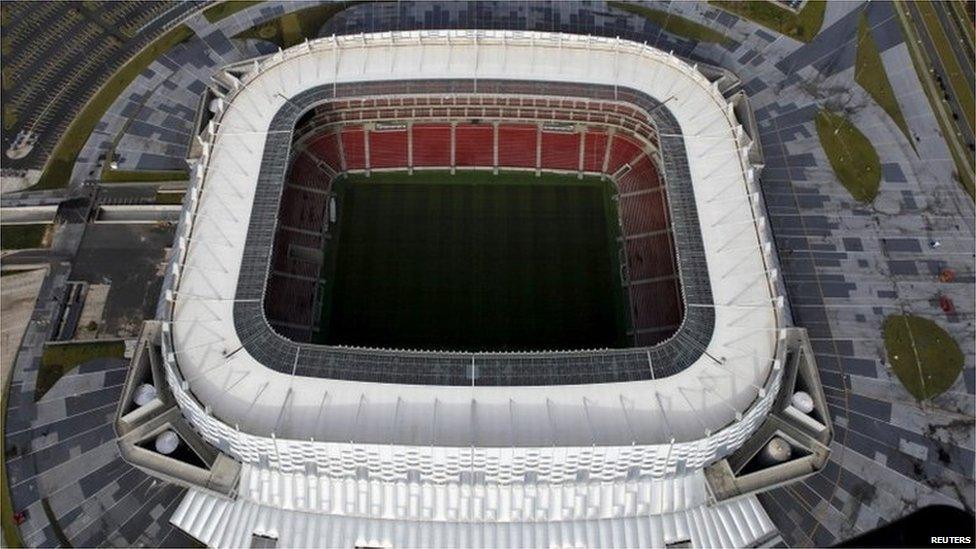
The Arena Pernambuco, with a capacity for 46,000 people, was used in five World Cup matches
Brazilian prosecutors have launched an investigation into allegations of corruption and overpricing in the construction of a stadium used during last year's football World Cup.
They believe building construction giant Odebrecht inflated the price of the Arena Pernambuco by $12m (£7.8m).
Federal Police have carried out raids in several Brazilian cities.
The company's president, Marcelo Odebrecht, is in jail in connection with a separate corruption scandal.
He was charged last month with corruption and money laundering for allegedly paying bribes to secure contracts with the state-owned oil company, Petrobras.
Mr Odebrecht has denied the charges and said he would appeal.
He is one of dozens of businessmen, civil servants and politicians detained over the past year as part of a major investigation of corruption at Petrobras.
'No proper competition'
With the information gathered from that investigation, prosecutors have launched Operation Fair Play, focusing on the same building companies.
Federal Police believes the bidding process for the construction of the Arena Pernambuco, near the north-eastern city of Recife, was rigged to favour Odebrecht.
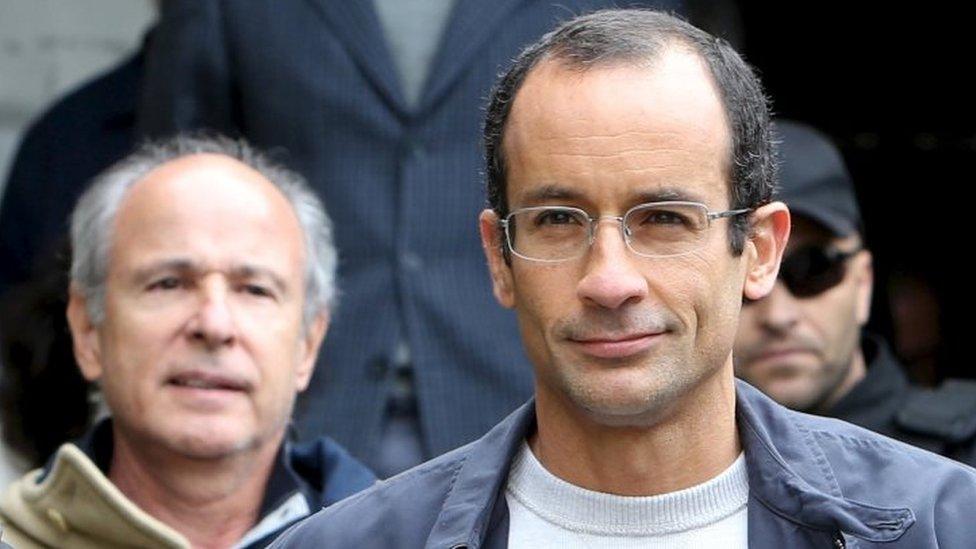
Marcelo Odebrecht (right) is the third-generation heir of the construction company
"There wasn't proper competition," Federal Police investigator Marcello Diniz told O Globo newspaper.
He said Odebrecht was invited to take part in the process a year before details were made public.
Other competitors were given only 45 days to prepare their bids.
The official cost of the stadium has never been disclosed, but it is estimated to have cost more than 700m reais ($200m; £130m).
The investigation is also looking into evidence that civil servants were bribed by the building company.
Odebrecht is Latin America's biggest construction company. It employs more than 180,000 people in 21 countries.
Hundreds of thousands of Brazilians took to the streets in the months that preceded the World Cup to protest against perceived corruption and overspending in the preparations for the event.
Demonstrators objected to the huge cost of the tournament, arguing that more money should have been spent on public services to ease inequality.
- Published29 July 2015

- Published3 August 2015
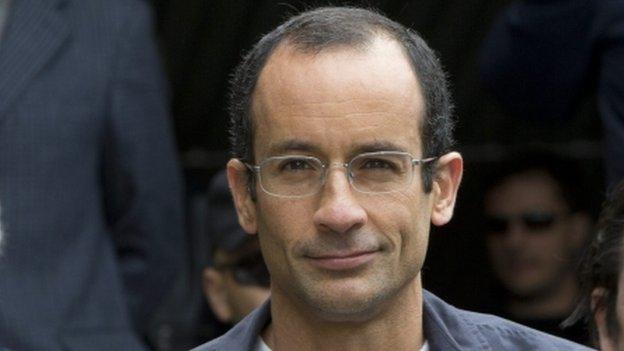
- Published12 March 2014
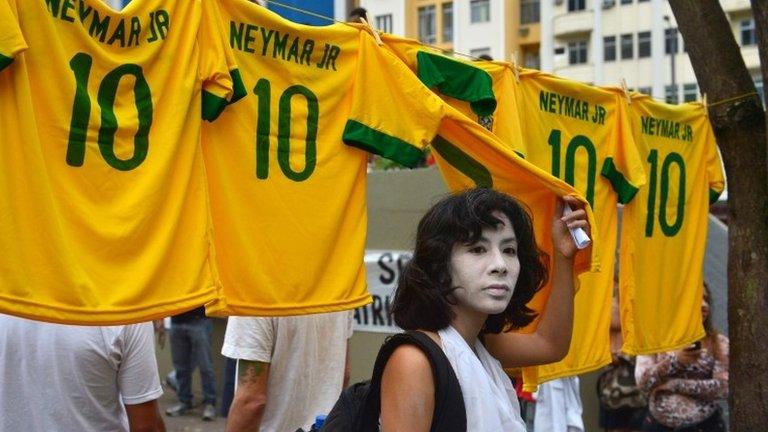
- Published19 June 2015
